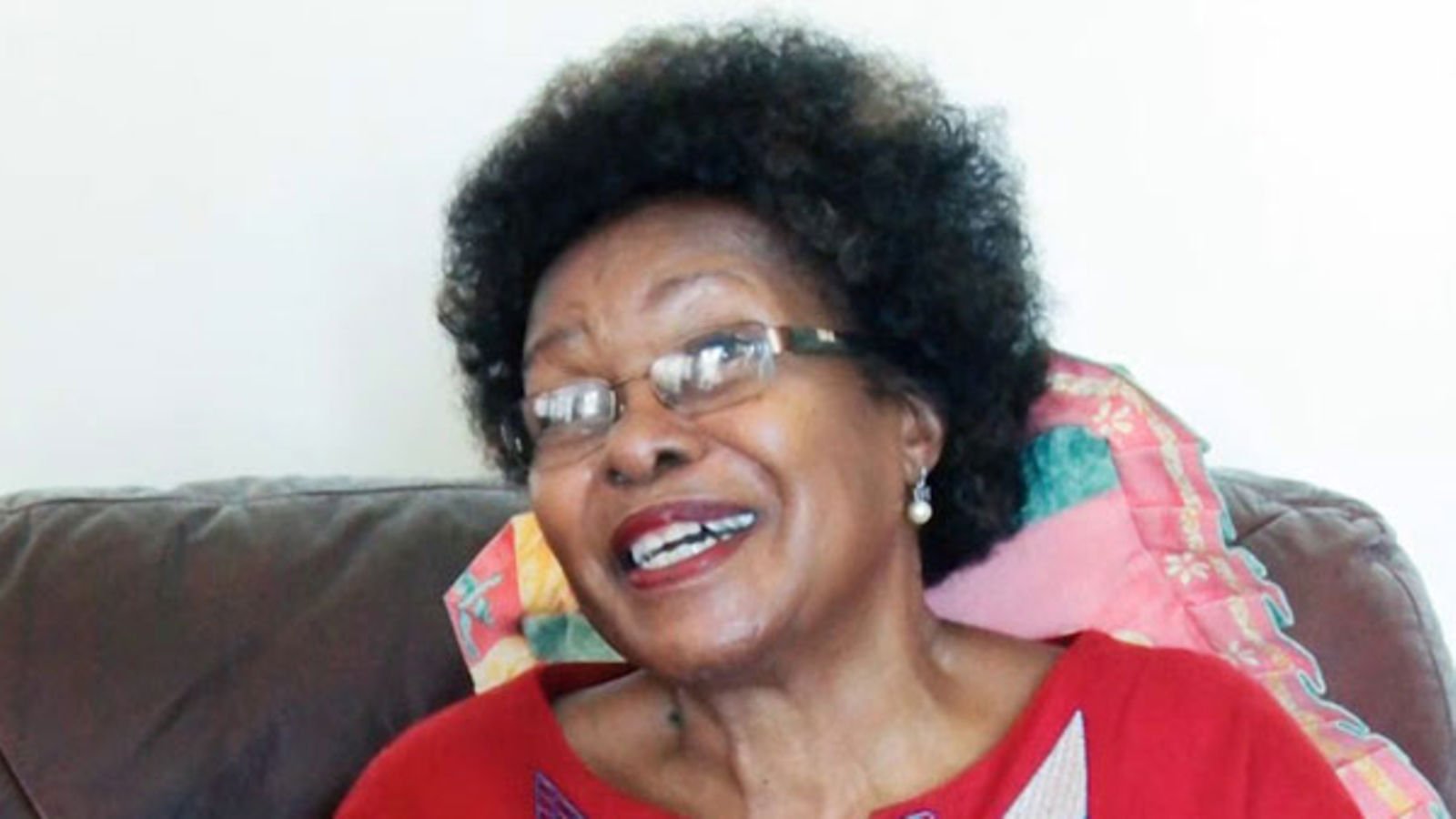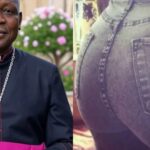Miria Obote, born Miria Kalule on July 16, 1936, in Kampala, Uganda, is one of Uganda’s most notable political figures not only because of her role as First Lady during two crucial periods in the country’s history, but also because of her own political journey, marked by resilience, loyalty, and an unshakable commitment to her late husband’s legacy.
Born into a modest, hardworking family, Miria was the daughter of Bulasio Kalule, a civil servant who worked in the Ministry of Works, and Malita Kalule, a dedicated mother. Growing up in the heart of Uganda’s capital, Miria was surrounded by the values of public service, discipline, and education principles that would shape her life for decades to come.
Her academic journey began at the prestigious Gayaza High School, one of the oldest and most respected girls’ schools in Uganda. She would later further her studies at Makerere University, the country’s premier institution of higher learning and a breeding ground for many of East Africa’s post-independence leaders. There, she gained exposure to a broader intellectual environment, sharpened her understanding of politics, and would eventually find herself connected to the circles of national leadership.
In November 1963, Miria Kalule married Apollo Milton Obote, a rising star in Ugandan politics who would go on to become both Prime Minister and President. Their marriage marked the beginning of her role in public life. Just a few years later, when her husband assumed the presidency for the first time on April 15, 1966, Miria became Uganda’s First Lady, a role she would serve in again during his second term from December 17, 1980, to July 27, 1985.
As First Lady, Miria Obote was known for her quiet dignity and strong support for her husband during a time of great political upheaval. The years of Obote’s leadership were marked by turbulence, conflict, and deep national division, but Miria remained a steady presence beside him, in both power and exile.
Following the overthrow of Milton Obote’s government in 1985, the couple went into exile, living for two decades in Lusaka, Zambia, and later in Johannesburg, South Africa. For Miria, those years were marked by uncertainty, isolation, and the challenges of raising a family far from home. But even in exile, she remained involved in the Uganda People’s Congress (UPC), the political party her husband founded and led. She supported his efforts from behind the scenes and stayed closely engaged with the affairs of Uganda.
Her return to Uganda came under solemn circumstances. After Milton Obote died on October 10, 2005, in South Africa, Miria came back home for the first time in 20 years — not only to bury her husband, but to continue the mission they had started together. She re-entered public life with a sense of duty and purpose, determined to preserve the legacy of a man who had shaped Uganda’s early political history.
In December 2005, she was elected president of the UPC, becoming the first woman to lead one of Uganda’s oldest political parties. This marked a turning point in her political life — from First Lady and political partner to full-fledged party leader. At a time when Uganda’s political landscape was dominated by strong personalities and entrenched power structures, Miria’s leadership represented both a tribute to the past and a hope for the future.
She became the UPC’s presidential candidate in the 2006 general election, a contest that was highly competitive and widely watched across the country. However, in the election held on February 23, 2006, she secured only 0.6% of the vote, with the incumbent President Yoweri Museveni winning by a large margin. While her electoral performance was disappointing to many of her supporters, Miria’s participation itself was deeply symbolic — a statement that the UPC still had a voice, and that she was willing to carry its banner forward, even in the face of long odds.
Beyond politics, Miria Obote’s personal life has also been marked by both joy and sacrifice. She and Milton Obote had four children, among them Jimmy Akena, who followed in his parents’ footsteps by entering politics. Jimmy currently serves as a Member of Parliament for Lira Municipality, and like his mother, he is active in the UPC and continues to champion the causes his father once fought for.
Miria Obote’s journey is one of remarkable strength — a life spent in the shadows of power, then stepping into its harsh light to fight for a vision of Uganda shaped by justice, national pride, and democratic ideals. She is more than the widow of a president; she is a politician in her own right, a mother who raised a political family, and a symbol of Uganda’s complicated but rich post-independence history.
Her legacy is still unfolding, but one thing is clear: Miria Obote is a woman whose loyalty, endurance, and quiet determination have earned her a lasting place in Uganda’s political story.










